Khóa học này được thiết kế để tất cả học viên từ những người mới bắt đầu phân tích dữ liệu đến những người muốn ứng dụng vào công việc thực tế đều có thể học một cách có hệ thống toàn bộ quá trình xử lý và trực quan hóa dữ liệu bằng R.
Trước tiên, ở giai đoạn thiết lập cơ bản, bắt đầu từ việc cài đặt môi trường phát triển, học cách tạo DataFrame và Series, xây dựng nền tảng vững chắc cho lập trình R. Tiếp theo, chuyển sang học các chức năng cốt lõi như indexing, slicing, sắp xếp, lọc dữ liệu, xử lý giá trị thiếu và các chức năng được sử dụng thường xuyên nhất trong phân tích dữ liệu thông qua việc thực hành.
Sau khi đã có nền tảng, mở rộng sang các chức năng trung cấp như xử lý dữ liệu ngày tháng, phép toán nhóm (groupby), hợp nhất dữ liệu (merge, concat), áp dụng hàm (apply, lambda) và các chức năng thiết yếu trong công việc phân tích dữ liệu thực tế. Qua đó có thể phát triển khả năng xử lý cấu trúc dữ liệu phức tạp, vượt ra ngoài việc thao tác dữ liệu đơn giản.
Cuối cùng, trong phần trực quan hóa, học các kỹ thuật trực quan hóa đa dạng như biểu đồ đường, histogram, boxplot, biểu đồ chuỗi thời gian để học cách biểu diễn dữ liệu một cách trực quan hơn. Thông qua trực quan hóa, có thể cùng lúc nắm được khả năng truyền đạt kết quả phân tích một cách hiệu quả.
Đặc biệt, khóa học này không chỉ dừng lại ở việc học lý thuyết mà được cấu trúc để có thể áp dụng ngay những nội dung đã học thông qua các ví dụ đa dạng và thực hành từng bước. Do đó, học viên chỉ cần theo dõi bài giảng cũng có thể tự nhiên phát triển cảm giác thực tế, hơn nữa có thể đảm bảo năng lực phân tích dữ liệu có thể ứng dụng vào dự án thực tế.






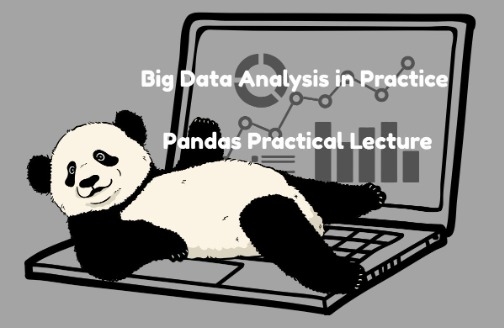











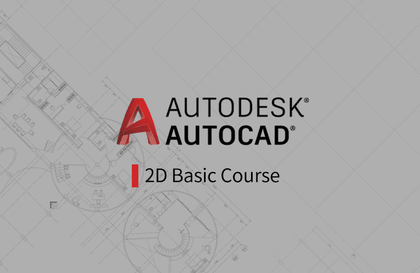



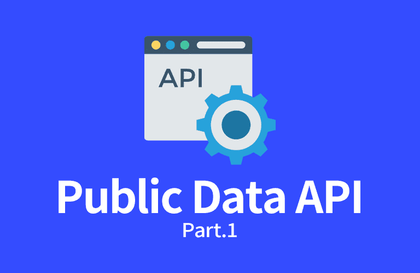
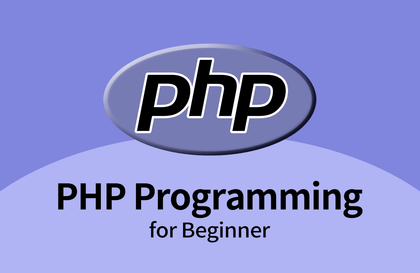
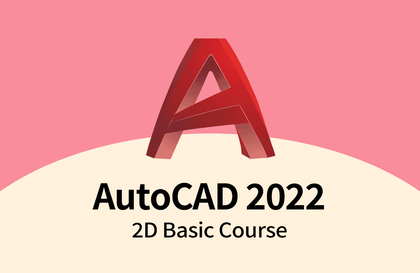
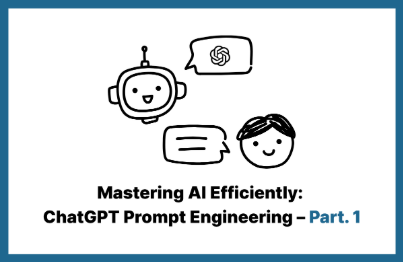
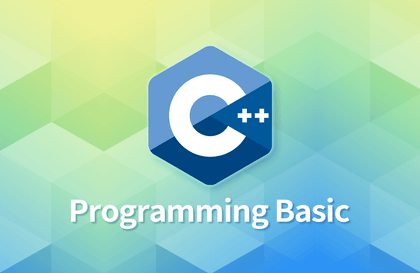
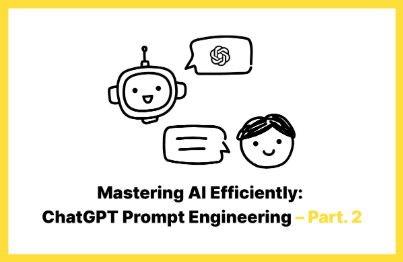

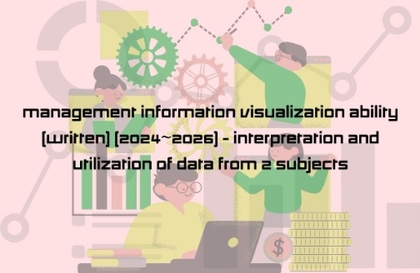
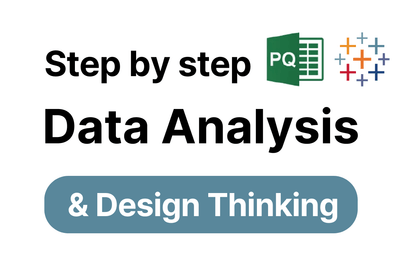
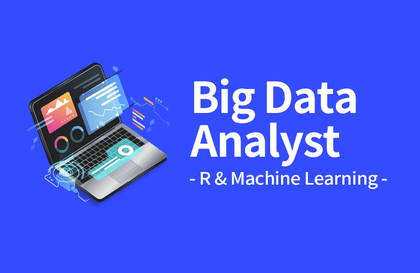
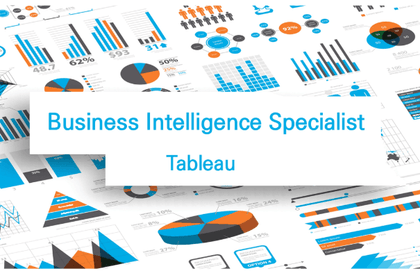



.png?w=420)

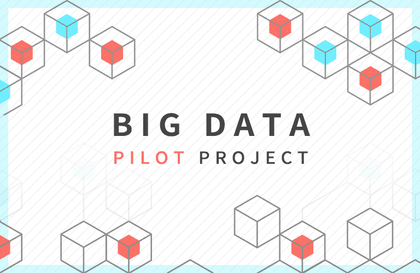
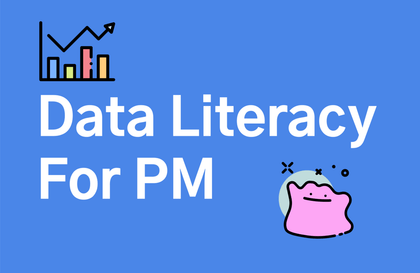
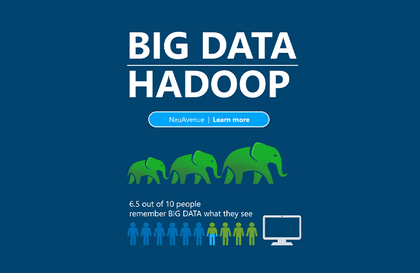
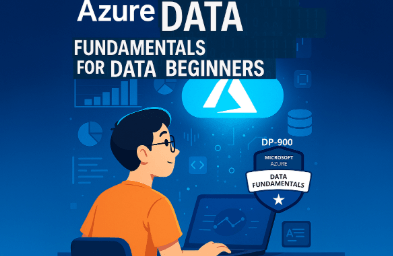
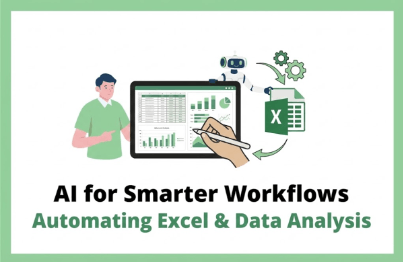



![[2025] SQLD 문제가 어려운 당신을 위한 노랭이 176 문제 풀이강의 썸네일](https://cdn.inflearn.com/public/files/courses/336270/cover/01jr03fxecqc2z7spwsjxhpc80?w=420)

